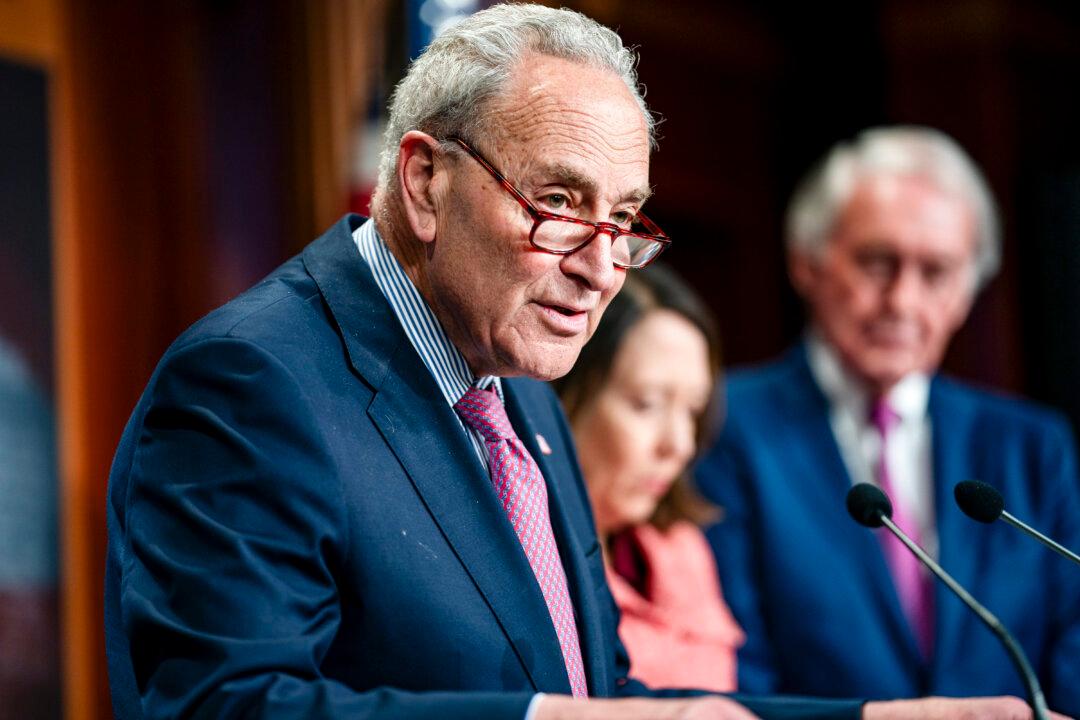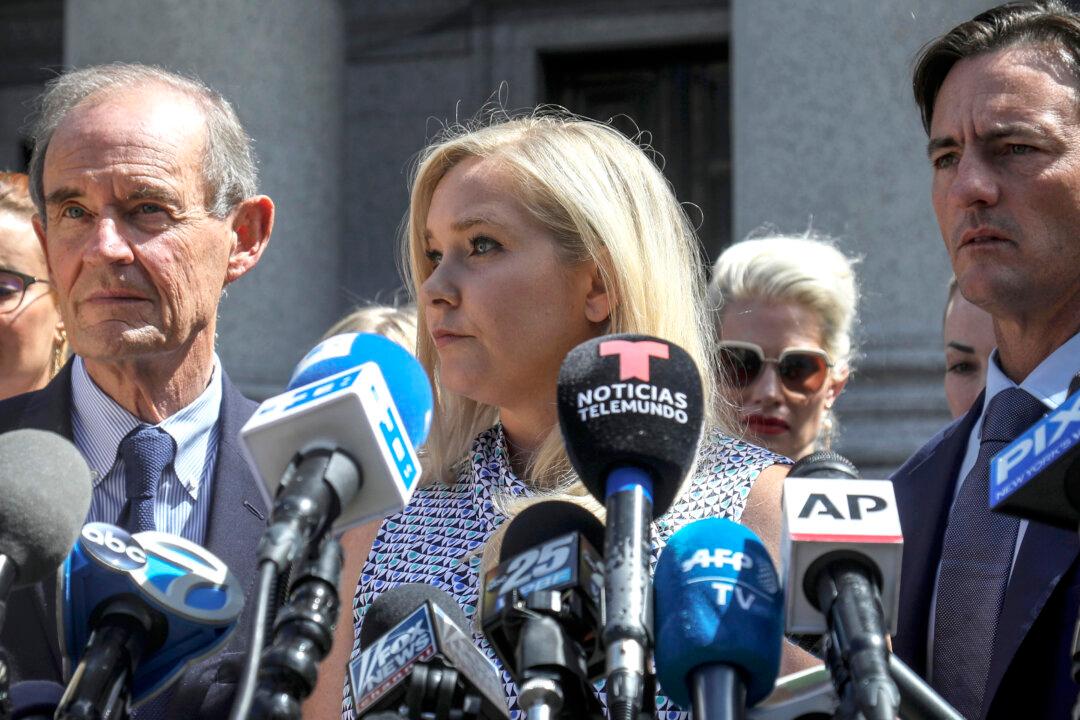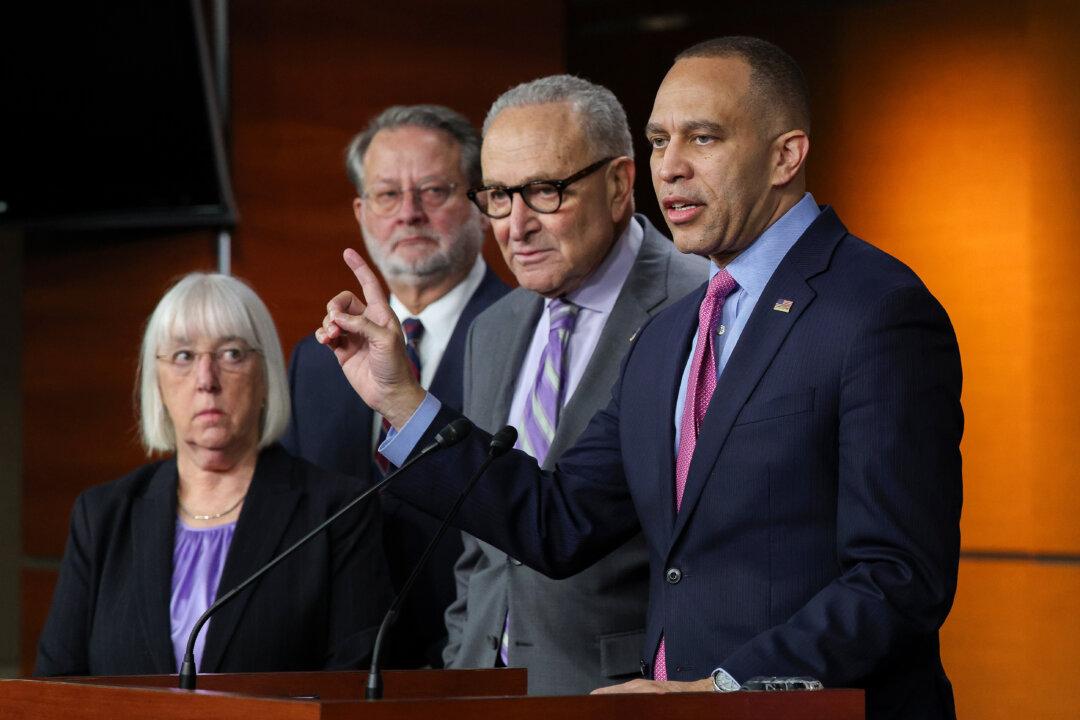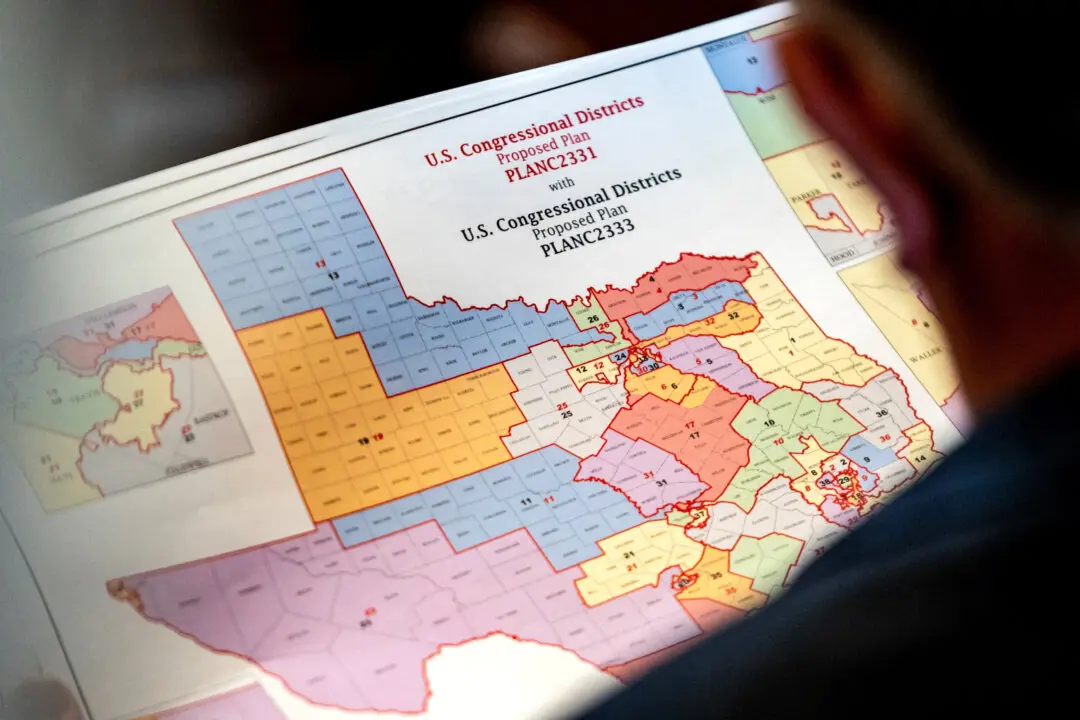Senate Majority Leader Chuck Schumer (D-N.Y.) has vowed to get the Kids Online Safety Act (KOSA) over the finish line in the Senate.
The measure is designed to establish safeguards and accountability measures to protect children from the harms associated with social media and other online platforms, although some opponents have expressed concerns about censorship.






